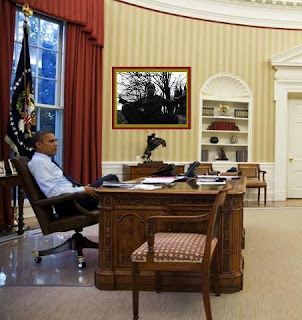 |
| A natural-gas-powered car and fueling system on display at an auto show. |
The effort would be Oklahoma City-based Chesapeake’s latest push to promote compressed natural gas as a mainstream fuel and boost its own sales. It is the first attempt at overcoming one of the biggest challenges in putting natural-gas powered cars on the road—convenient refueling.
Chesapeake and other natural gas producers have felt a cash crunch as a technology-led increase in natural gas production has led to a supply glut and brought prices to a decade-low in April.
About 112,000 natural-gas powered vehicles are now on U.S. roads, mostly delivery trucks and other vehicles driving a set circuitous route with easy access to refueling stations. Auto makers have been slower to offer compressed natural gas-fueled passenger cars and trucks, in part because not enough refueling stations exist to service them on long trips. About 540 stations are open to the public, according to the U.S. Department of Energy.
The appliance that Chesapeake, GE And Whirlpool are developing will fit in a home garage, hook into a natural gas line and dispense compressed natural gas into vehicles designed to use the fuel. Chesapeake said it couldn’t say when the two would make the appliance available. Chesapeake says that once drivers can refill CNG cars at home, General Motors Co., Toyota Motor Corp. and other auto makers will boost production of the vehicles.
In October, GE and Chesapeake, the second-largest U.S. natural gas producer after Exxon Mobil Corp., announced a modular CNG refueling system advertised as being easy to install at existing gasoline service stations. (WSJ, 11/14/2012)




























.jpg)









